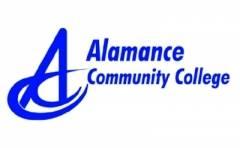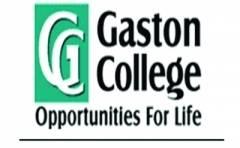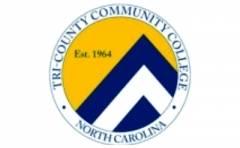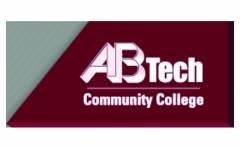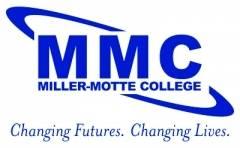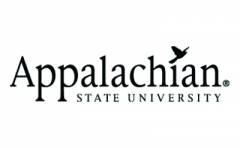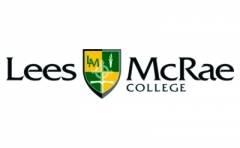Best Veterinary Science colleges in North Carolina
For students in North Carolina interested in working with animals, a degree in veterinary science is the first step towards achieving your professional goals. Veterinarians diagnose medical issues, conduct ongoing check-ups, and monitor weight gain and growth to assess overall health. It is common for students interested in a career as a veterinarian to pursue a bachelor’s degree before applying to master’s programs that provide in-person residency and preparation for state licensing.
In North Carolina alone, there are 2,000-7,000 employed veterinarians that work at animal hospitals and private practices, so opportunities in the field are abundant. In urban areas like Raleigh and Greensboro, there are many vet clinics due to the abundance of pets in the area.
Students typically earn their degree in veterinary science in person, and most programs require lab time and internships to further students’ observation and hands-on practice. The Bureau of Labor Statistics reports that veterinarians in North Carolina can gross up to $150,000 annually.
Best Veterinary Science colleges in North Carolina for 2025
North Carolina State University at Raleigh offers 3 Veterinary Science degree programs. It's a very large, public, four-year university in a large city. In 2022, 120 Veterinary Science students graduated with students earning 114 Doctoral degrees, and 6 Master's degrees.
Alamance Community College offers 4 Veterinary Science degree programs. It's a small, public, two-year college in a outlying rural area. In 2022, 20 Veterinary Science students graduated with students earning 10 Associate's degrees, and 10 Certificates.
Gaston College offers 2 Veterinary Science degree programs. It's a medium sized, public, two-year college in a midsize suburb. In 2022, 69 Veterinary Science students graduated with students earning 40 Certificates, and 29 Associate's degrees.
Central Carolina Community College offers 2 Veterinary Science degree programs. It's a medium sized, public, two-year college in a faraway town. In 2022, 30 Veterinary Science students graduated with students earning 29 Associate's degrees, and 1 Certificate.
Tri-County Community College offers 2 Veterinary Science degree programs. It's a very small, public, two-year college in a remote rural area.
Asheville-Buncombe Technical Community College offers 1 Veterinary Science degree programs. It's a medium sized, public, two-year college in a small city.
Miller-Motte College-Raleigh offers 1 Veterinary Science degree programs. It's a very small, private for-profit, two-year college in a large city. In 2022, 18 Veterinary Science students graduated with students earning 18 Certificates.
Appalachian State University offers 2 Veterinary Science degree programs. It's a very large, public, four-year university in a faraway town.
Lees-McRae College offers 1 Veterinary Science degree programs. It's a very small, private not-for-profit, four-year university in a faraway rural area. In 2022, 5 Veterinary Science students graduated with students earning 5 Bachelor's degrees.
North Carolina Wesleyan University offers 1 Veterinary Science degree programs. It's a small, private not-for-profit, four-year university in a small city.
Top schools offering Veterinary Science degrees in North Carolina
List of all Veterinary Science colleges in North Carolina
| School | Average Tuition | Student Teacher Ratio | Enrolled Students | |
|---|---|---|---|---|

|
North Carolina State University at Raleigh Raleigh, NC | 20 : 1 | 36,700 | |

|
Alamance Community College Graham, NC | 36 : 1 | 3,939 | |

|
Gaston College Dallas, NC | 40 : 1 | 5,558 | |

|
Central Carolina Community College Sanford, NC | 32 : 1 | 5,231 | |

|
Tri-County Community College Murphy, NC | 22 : 1 | 888 | |


